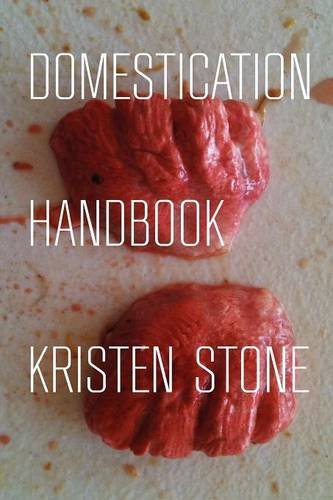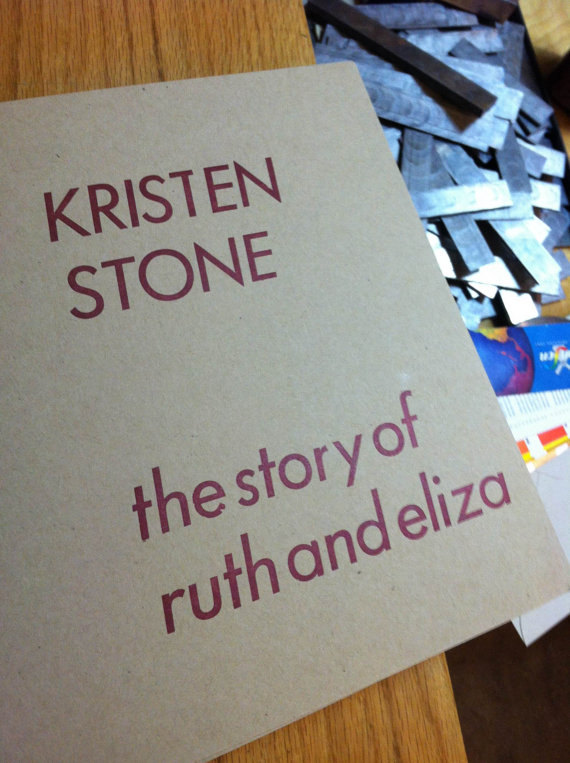
I’m not sure exactly how to review Domestication Handbook, because I’m not sure I fully understand what it is. It seems to blend together fiction, memoir, and book of poetry. The book is divided into three sections: “Part 1: A basic guide to farming”, “Part II: How to write a suburban memoir”, and “Part III: positive reinforcement for pets and other animals”. Like The Story of Ruth and Eliza, each section is comprised of small, titled segments which are often in verse.
Each segment provides just a glimpse at a certain time, usually from childhood. They seem like a collection of enigmatic snapshots, not quite forming a coherent narrative, but enough to establish an emotional progression. The book often avoids names, calling the siblings “little animals” and switching tense from third to second person throughout, making it difficult to tell if we’re even following the same person the entire story.
Domestication Handbook seems to be mostly a story about growing up, which includes furtively reading Best Lesbian Erotica as well as playing Little House In the Big Woods.
I enjoyed this one, but not as much as The Story of Ruth and Eliza. I felt like I couldn’t quite get a grasp on what was happening, and although Kristen Stone is obviously skilled with language and I was intrigued, it left me feeling disconnected. If you’re a poetry fan, I would still recommend this one, as long as you’re not expecting a linear storyline.

